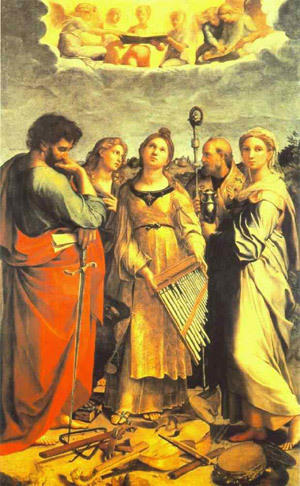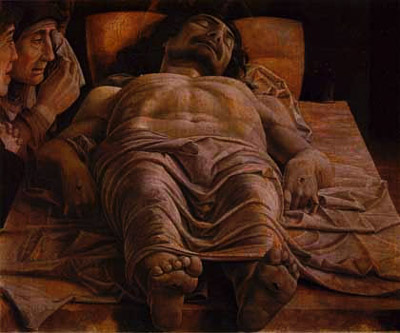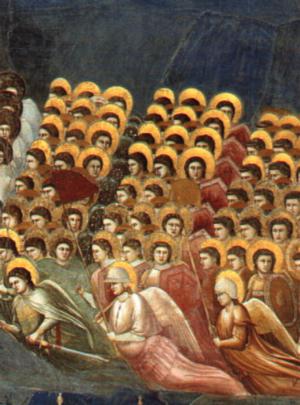in Florence
The whole city
Is stone, even
Where stone
Doesn't belong.
What is that old
Man's public face
Doing sorrowing,
Secretly a little,
A little above and
A little back from
What is that stone
Doing sorrowing
Where stone
Doesn't belong?
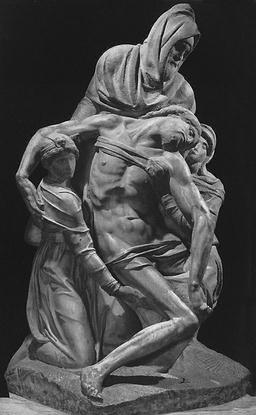
It's from the site maintained by
Barewalls Interactive Art LLC,
Cambridge, Massachusetts
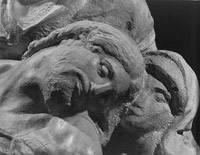
It's from the site maintained by
Barewalls Interactive Art LLC,
Cambridge, Massachusetts
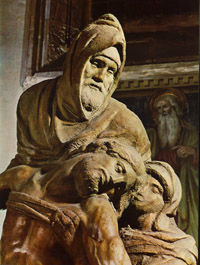
"Pieta" (detail) c. 1550 Marble,
height: 226 cm
Museo del Opera del Duomo, Florence
It is from Web
Gallery of Art
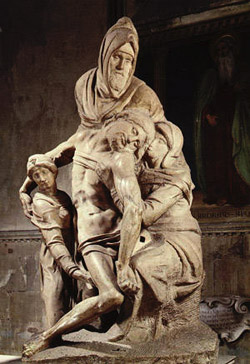
"Pieta" c. 1550 Marble, height: 226 cm
Museo del Opera del Duomo, Florence
It is from Web Gallery of Art
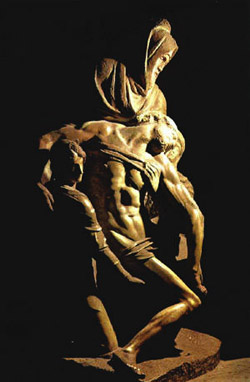
It's from Jim's Fine Art Colleciton
